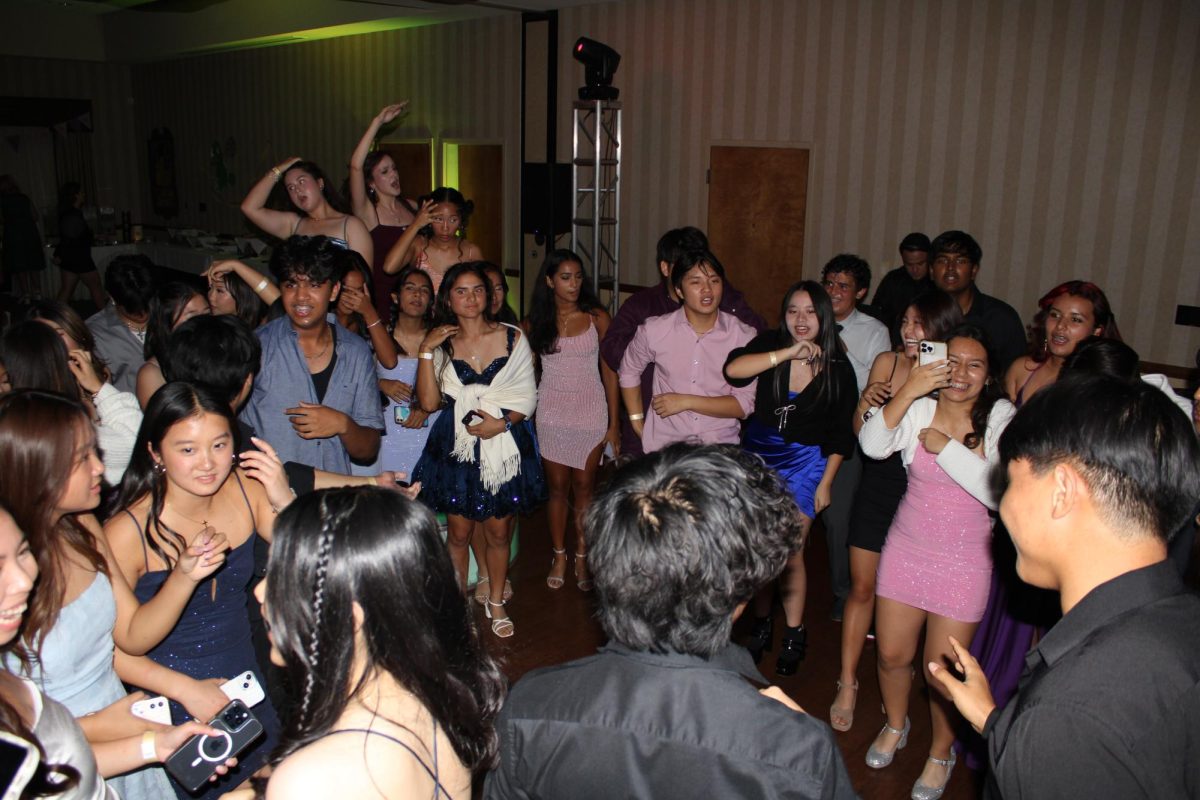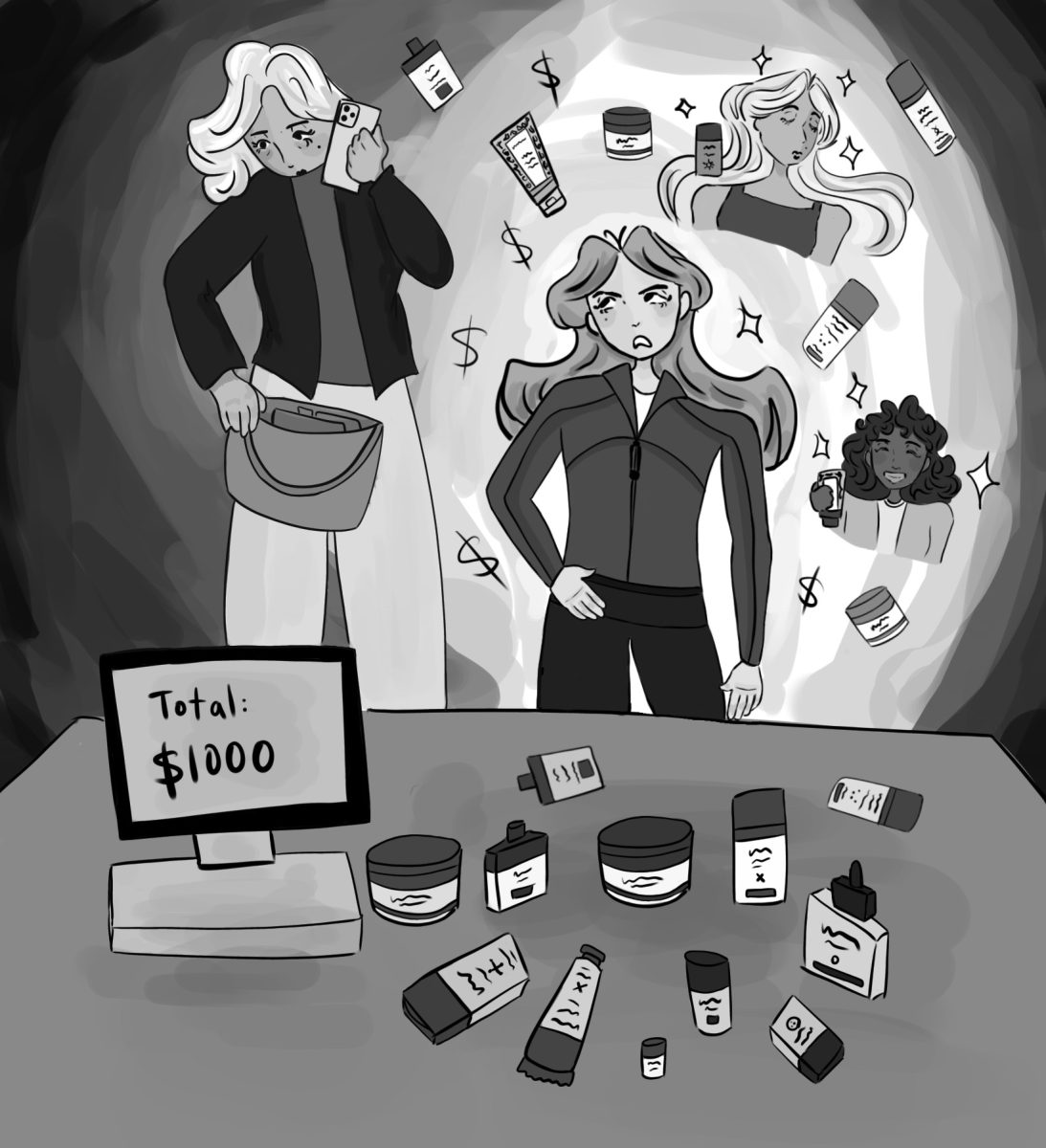As preteens raid beauty stores for adult skincare products, the growing obsession with social media trends becomes a concerning reality for new generations. Although social media can inspire a wide audience, irresponsible usage of platforms can negatively influence the behaviors and values of the younger audience.
The current digital age has seen a drastic increase in children getting access to social media platforms. Consequently, beauty influencers on TikTok who use popular skincare brands, such as Drunk Elephant and Charlotte Tilbury, are becoming an obsession of the new generation. Children feel the need to chase brands to keep up with the skincare craze influenced by their favorite creators or trends. With this increased popularity, viral products sell out rapidly. The wave of urgency results in a young audience acclimated to materialistic obsession and mass overconsumption.
Overconsumption from the younger audience can be partly attributed to the content creators themselves. Most content creators, particularly those who receive sponsors from skincare brands, tend to exaggerate the benefits of products without cautioning the youth about the negative effects. Examples include anti-aging creams and retinol, which are known for their ability to reduce wrinkles and blemishes in older skin; however, according to consultant dermatologist Dr. Angela Twari and others, these products could have harmful ingredients, such as vitamin A, which can thin out younger skin and intensify the problems they’re meant to reduce.
Viral TikTok videos depicting “10-year-olds at Sephora” typically show preteens acting recklessly: shoving people down the aisles, fighting others for skincare products, and leaving messes out of testers. The lack of etiquette and intrusive actions is a shocking and complicated reality, necessitating a change in the media content presented to children.
The problem is exacerbated by parents who are letting their kids take advantage of their leniency and money. Parents who allow unregulated usage of social media platforms and trust their children with important financial decisions must realize that the behavioral consequences can extend long-term and impact future endeavors. Additionally, the kids act disrespectfully in the stores because of the parents’ lack of disciplinary teaching. Parents must not only teach the harmful effects of social media to their children, but also instill proper manners and etiquette in them.
Parents must restrict media shown to their children and place greater focus on proper etiquette. If unmonitored access to media is continued, there will be larger cascades of children buying into potentially harmful trends due to social media usage. Creators, parents, and audiences are collectively responsible for what is produced and consumed online.



























































